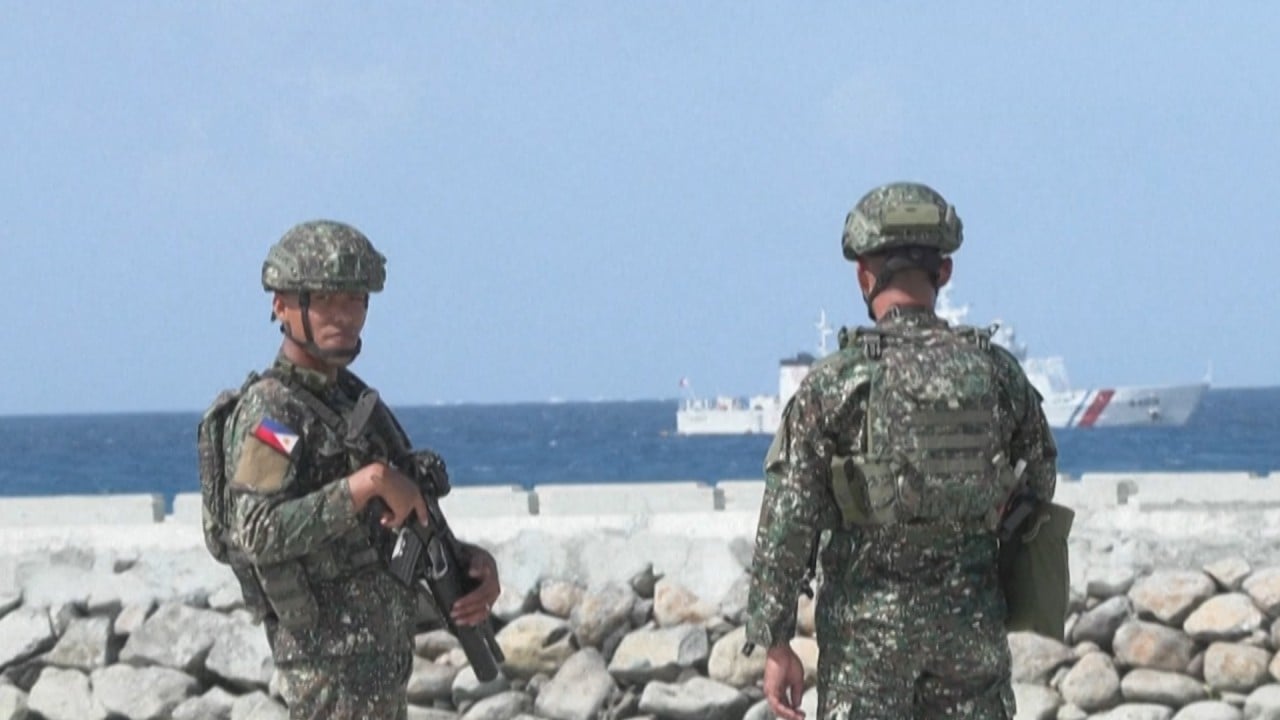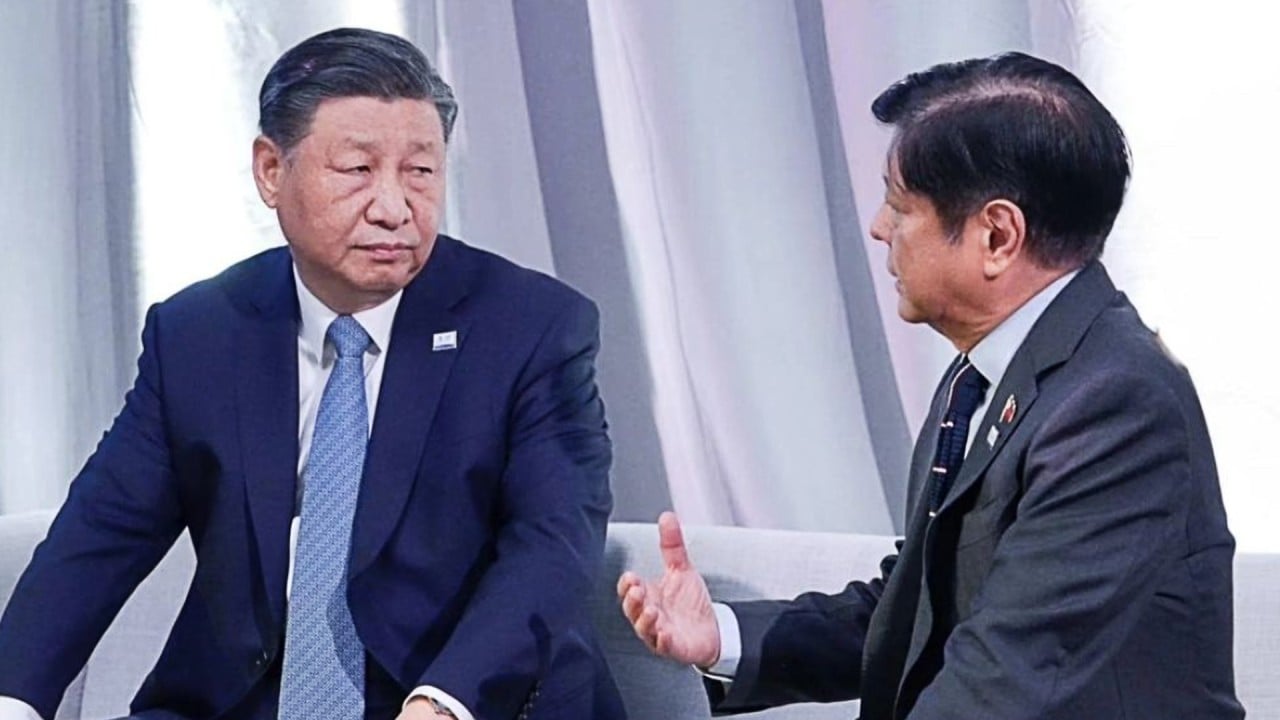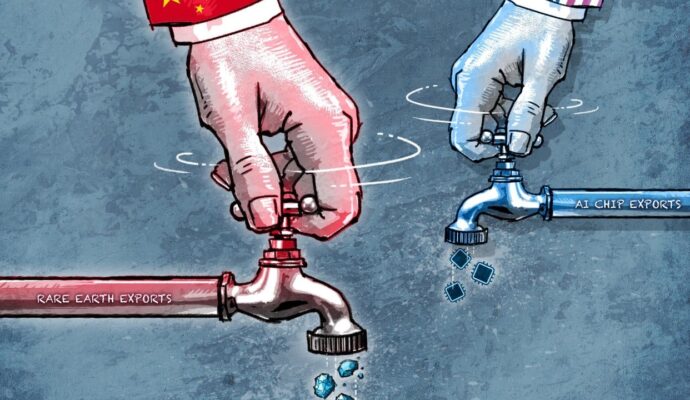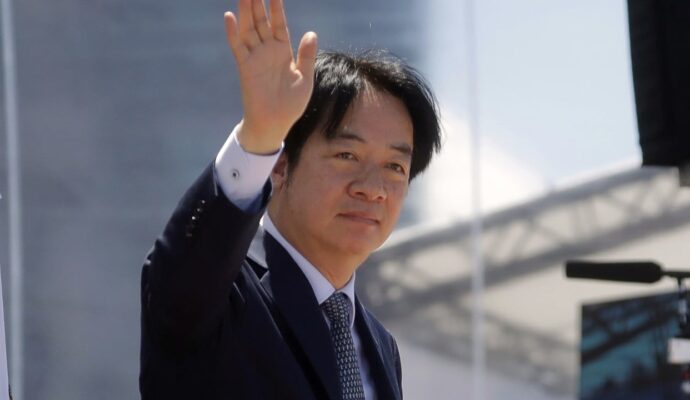“If the Philippine side misjudges the situation, goes its own way, or even colludes with ill-intentioned external forces to continue to stir up troubles, China will defend its rights in accordance with law and respond resolutely,” Wang said, in a veiled swipe at the US, Manila’s long-time ally.
Traded accusations between Manila and Beijing over recent confrontations have sent China-Philippines ties into a tailspin.
These have included the use of water cannons against Philippine vessels, near Scarborough Shoal on December 9 and another near Second Thomas Shoal on December 10, according to Manila.
Beijing accused the Philippine vessel involved in the incident at Second Thomas Shoal – where the Philippines grounded the second world war vessel Sierra Madre in 1999 to protect its maritime claim – of intentionally ramming its ship.
During the call, Wang said the fraught relationship between the two countries was the result of a change in policies by Manila.
“The serious difficulties facing China-Philippines relations are rooted in the fact that the Philippines has changed its long-standing policy stance, reneged on its own commitments, and continued to provoke and stir trouble at sea,” he said.
Wang added that China “is always committed to resolving maritime differences through dialogue”.
In a brief statement, Manalo said the exchange was frank and candid. “[We] ended our call with a clearer understanding of our respective positions on a number of issues”. He also noted the importance of dialogue in addressing the issues.
Could China-Philippines dispute derail plans to resume military talks with US?
Could China-Philippines dispute derail plans to resume military talks with US?
According to the Chinese readout, Manalo said the Philippine side is willing to strengthen dialogue with China in good faith, and hopes to manage the differences in a way acceptable to both sides to cool down tensions.
The Chinese readout said the two countries also agreed to hold a meeting “as soon as possible” under the bilateral consultation mechanism – set up by Beijing and Manila in 2017 to discuss South China Sea incidents and avoid escalations.
Last month, Chinese President Xi Jinping and his Philippine counterpart Ferdinand Marcos Jnr met on the sidelines of the Apec summit to discuss ways to bring down the temperature, but the situation has not yet improved.
Earlier this week, Marcos said a “paradigm shift” was needed in the handling of the South China Sea issue, and described Manila’s current diplomatic efforts with China as heading “in a poor direction”.
Manila’s strengthened ties with Washington and its allies in Asia have also upset Beijing, which has described the US as an “external force” that is provoking the Philippines against China.
In April, the Philippines granted US access to four additional military sites that could boost the Western power’s capabilities in relation to both Taiwan and the South China Sea.
And in a boost for its security cooperation with Japan – another of Washington’s regional allies – the Philippines received a Japanese-made air surveillance radar system on Wednesday, to be installed on an airbase looking out on the disputed waters.



